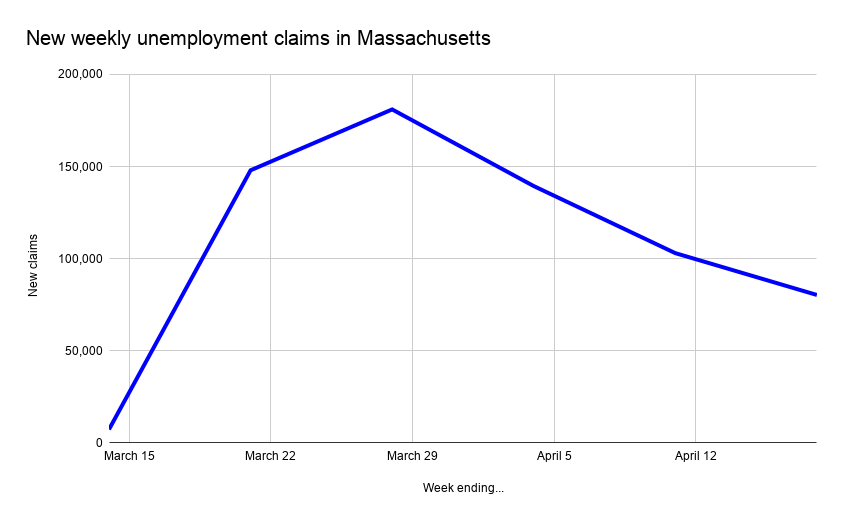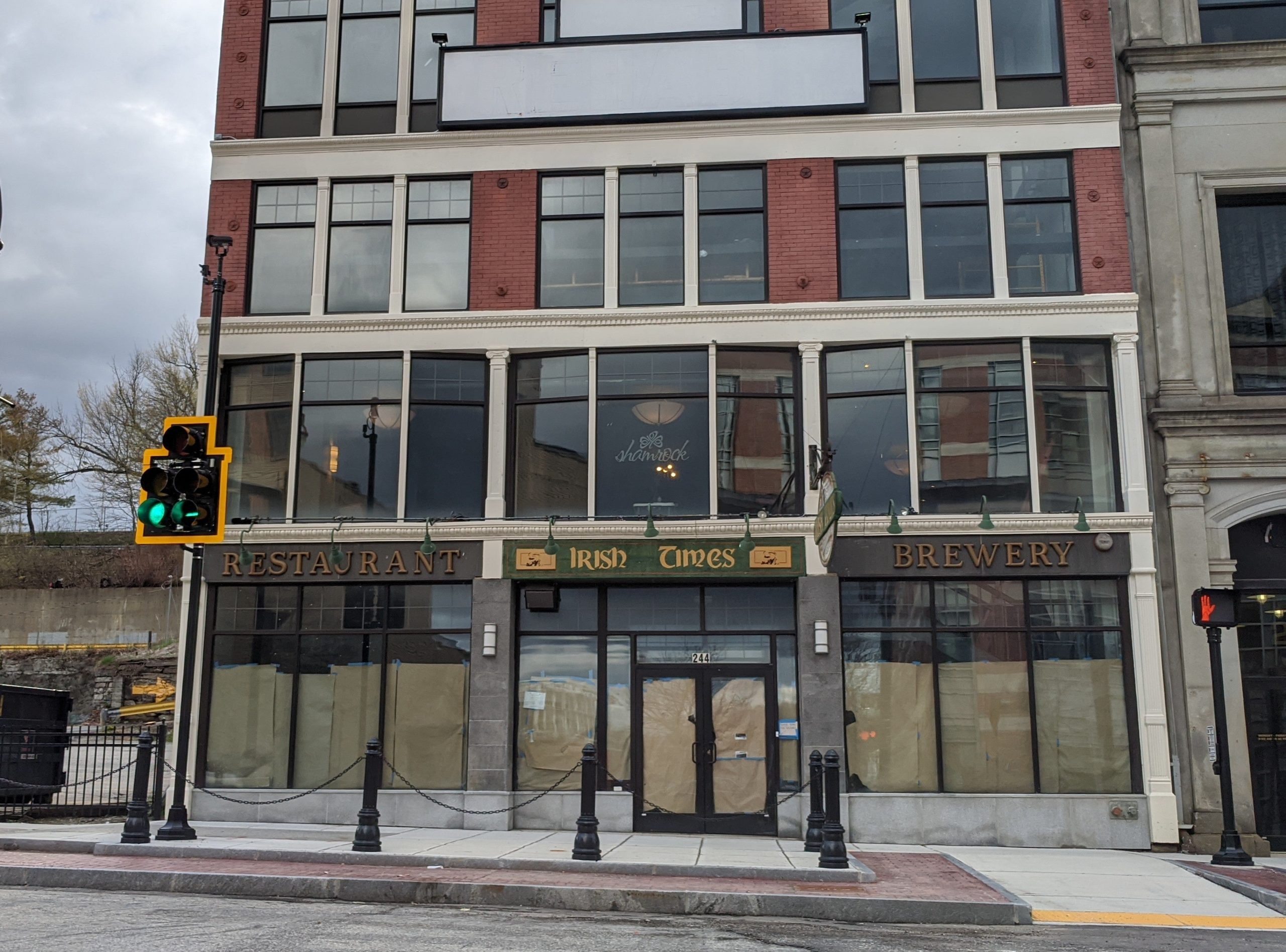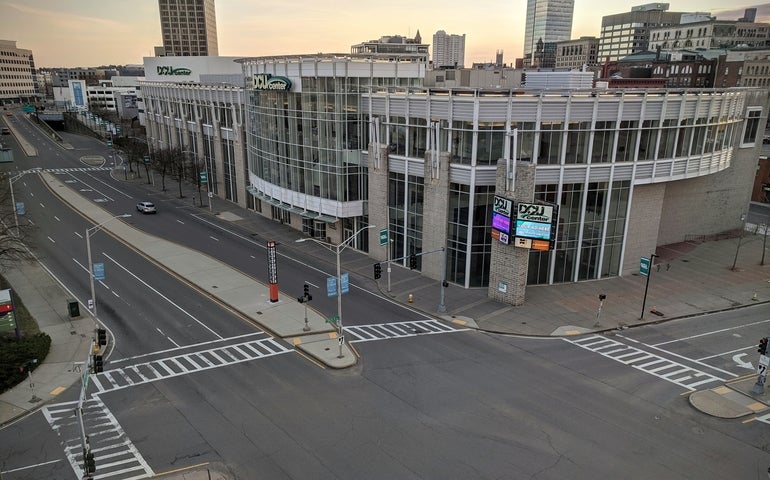An economic index for Greater Worcester shows the region’s economy fell by 1.6% in the first quarter, a decline its author says underestimates the economic hit from the coronavirus pandemic.
The employment and unemployment data Assumption College economics professor Thomas White uses to create the Worcester Economic Index is collected during the second week of each month, which missed the bulk of business closures taking place just after mid-March, when the state’s efforts to stem the spread of COVID-19 began in full force.
“The national and state initial claims numbers show just how quickly the economy turned,” White said in the index’s new report Thursday. “Massachusetts experienced about a sixteen-fold increase in initial claims between February and March. We’ve never seen anything like this.”

The index, which takes seasonal fluctuations into account, also shows a negative trend before the pandemic even hit. January had a 0.2% drop from the previous month, and February a 0.1% drop. New business corporations were down 7.9% for the quarter compared to a year prior.
It is clear, White said, the economy was already headed toward a recession by the end of March. Data that goes into the calculating the index assumes relatively smooth changes in the economy, something White said can’t apply to the pandemic.

“Normally a recession starts when households slow their spending and businesses are forced to lay off workers due to lack of demand, but this usually takes some time to play out,” he said. “This time, stay-at-home orders and social distancing have brought on a rapid and intentional cutback in economic activity. So rapid that the model that is used to forecast the WEI is no longer useful.”
The WEI grew 1.1% on an annualized rate in the fourth quarter of 2019.
The U.S. Bureau of Labor Statistics’ monthly report for the Worcester metropolitan area also shows employment growth in March dropping to among the lowest levels in the past three years, with a 0.4% 12-month change. The Worcester metro area has trailed the national rate for employment growth for every quarter in the last three years.

